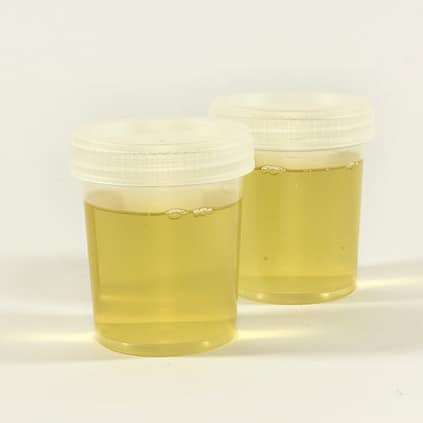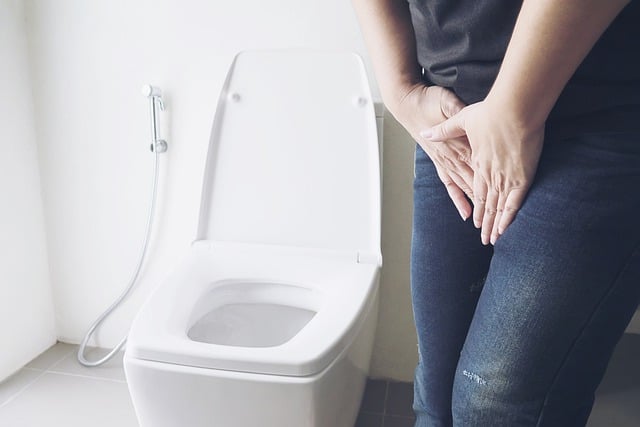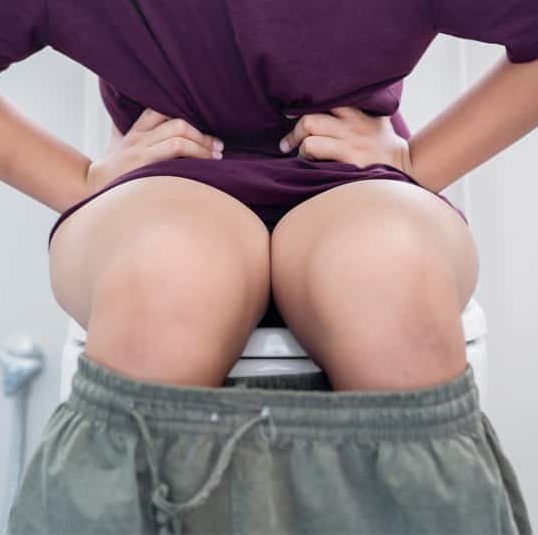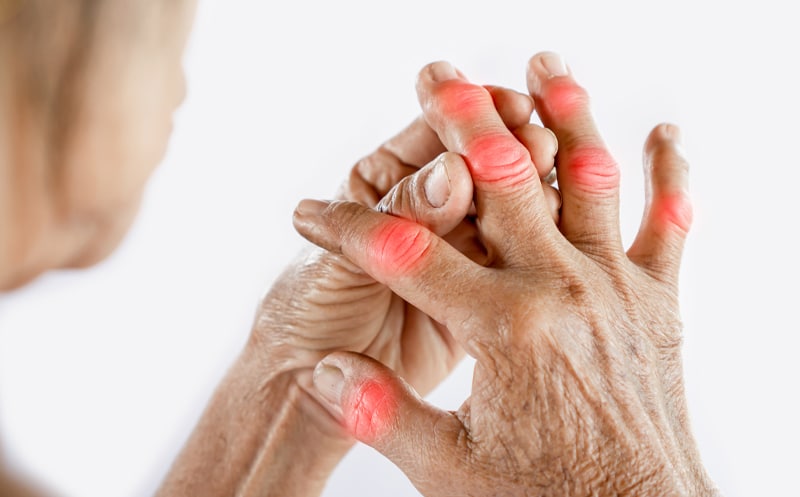index
- Why Is My Pee Bright Yellow?
- Could My Vitamins Be Causing Bright Yellow Pee?
- Dark Red Foods And Red Food Coloring Can Cause A Color Alteration
- Foods Rich in Vitamin C or Vitamin A May Be the Culprit
- Health Conditions Can Lead to A Color Change
- How is Abnormal Urine Color Diagnosed?
Have you begun your journey toward health, and suddenly, you have noticed some alarming changes? Have you started exercising, eating a healthier diet, taking vitamin and mineral supplements, and are surprised to see bright yellow urine in the toilet? Many people experience this effect when they begin making healthy lifestyle changes. There is typically no need for alarm, and you should continue working toward a healthier you. Here, we look into why your pee is bright yellow or other urine color changes and what you can do about it.

Why Is My Pee Bright Yellow?
Everyone has a slightly different shade of urine. The colors range from an almost clear shade to a dark shade. What is essential is your urine should be some shade of yellow.
One main factor that can affect the color or shade of your urine is your hydration level. Too much water will dilute your urine, making it almost transparent to pale yellow. Conversely, if you are dehydrated, your urine will become darker.
Other reasons for color changes include eating highly pigmented foods or those with a lot of food dye, vitamins, minerals, herbal remedies, and increased exercise. Health problems like urinary tract infections, kidney stones, or liver problems can also bring changes. Finally, certain medications can alter the color of your urine.
Could My Vitamins Be Causing Bright Yellow Pee?
If you have recently begun taking a B complex supplement, it can change the shade of your urine. If your urine is bright yellow, you probably should not worry. Problems arise when it changes to another color, like brown, red, or green.
Riboflavin, vitamin B2, is one of the common causes of bright yellow urine. The body uses this water-soluble vitamin immediately, as it is carried throughout the body and not stored. Any excess vitamin B2 is processed through the kidneys and transported out of the body via urination.
Not everyone will have neon yellow pee when they take a vitamin B complex supplement. The body excretes unused vitamin B through urine. If you notice a change in the color of your urine, try switching to a different brand, as certain brands can be more challenging to absorb. We recommend using a pharmaceutical-grade vitamin B complex supplement to ensure maximum absorption.
Dark Red Foods And Red Food Coloring Can Cause A Color Alteration
Certain foods can change the color of your urine. Foods with dark red pigments, like beets, can darken your urine. In addition, processed foods with a lot of food dye can impact urine color. If you notice a change in your urine, look at your diet. Are you eating highly pigmented foods or foods or drinks containing red dye? If so, remove these items and see if your urine changes to your standard color.

Foods Rich in Vitamin C or Vitamin A May Be the Culprit
Foods containing large amounts of vitamin C or vitamin A can alter the color of your urine. Vitamin A, known as beta carotene, is found in yellow and orange fruits and vegetables like carrots and sweet potatoes. Citrus fruits, tomatoes, broccoli, and strawberries contain high levels of Vitamin C.
Excess Exercise Can Cause Dark Urine
One of the most common dark urine causes is dehydration. If you have begun to try to get in shape, it can cause a change in your pee color. It can be disconcerting if you notice a change; however, it is often a sign that you are not drinking enough fluids. To counteract this effect, make sure you increase your water consumption. You should be getting a minimum of two quarts of water each day. With exercise, you may need to increase it to three or four quarts of water each day.
Health Conditions Can Lead to A Color Change
The renal system includes the kidneys, bladder, urethra, and ureters. It filters waste from the body and removes it through urination. There are many reasons why the renal system may not be functioning correctly.
Pay attention to the color of your urine, as any changes can signal a renal issue like kidney stones, a urinary tract infection, or urinary cancer. In addition, if you notice your pee becomes cloudy or see particles in your urine, it can be a sign of a urinary tract infection. It is essential to keep a close eye on your urinary health, such as if the smell of your pee changes or any other symptoms like frequent urination, a low-grade fever, pain when urinating, nausea, vomiting, and abdominal pain.

How is Abnormal Urine Color Diagnosed?
If you notice any changes in your urine’s color, consistency, or scent, you should schedule an appointment with your doctor. Make a list of any symptoms or changes that have recently occurred. Tell your doctor about any of the following:
- Developed any type of rash
- Bowel movement changes
- Changes in urinary habits
- Increased physical activity
- Dietary changes
- Vision problems
- Increased frequency or severity of headaches
- Unexpected weight loss
- Medication or supplement changes
- Sleep problems
At your appointment, your doctor may recommend various tests to determine if there is an underlying condition causing your discolored pee. Some standard tests include –
- Urinalysis which looks for red blood cells or protein in your urine
- Urine culture to look for an underlying urinary infection
- Glucose test to look for high blood sugar levels
How Can I Get Started
If you wonder why your pee is bright yellow, increase your water consumption. Dehydration remains one of the leading causes of discolored or dark urine. We recommend drinking at least eight glasses of water each day. If you live in a hot climate or frequently exercise, you may need to increase your fluid intake even further.
Brightly colored urine is generally not a cause for concern; however, finding the reason for the color change is essential. Look at your diet, the amount of your exercise, how much water you are drinking, and any new medication or supplement you have started taking. Removing these from your system for several days may clear up your pee color. If this does not help, it is time to contact your functional medicine doctor for assistance in determining the root cause of why your pee is bright yellow.






















